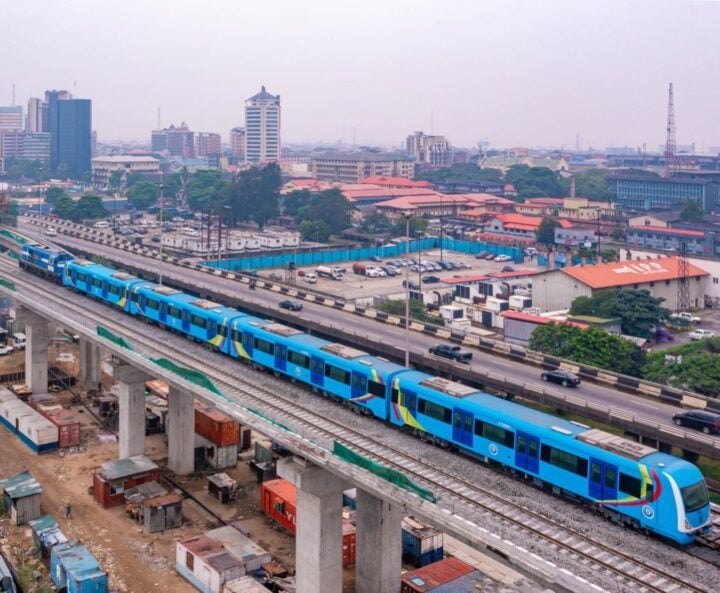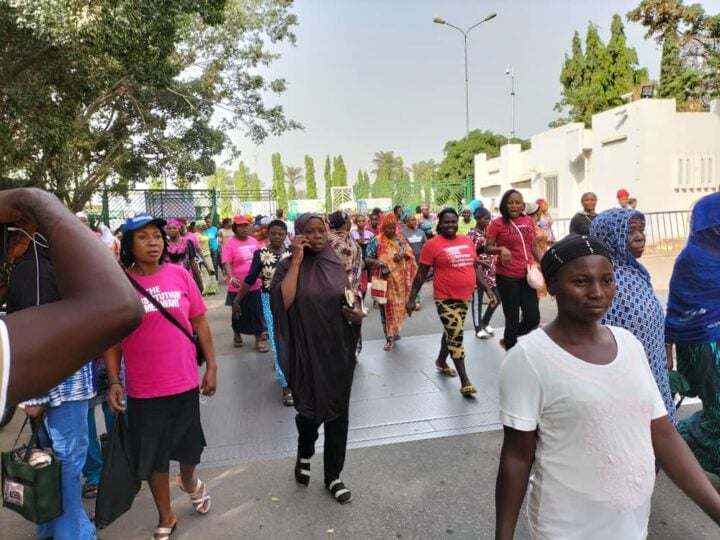BY ISMAIL RASHEED
I read a media report last week about a purported alliance between the PDP and nine other opposition parties in Ogun State, forged with the intention of defeating the incumbent governor and candidate of the APC, Dapo Abiodun, at this weekend’s governorship poll.
Besides the fact that the said alliance comprised names of some political parties I never knew existed, it’s instructive that a few parties so listed have openly disavowed the so-called alliance. Not that the alliance had any real chance of victory even before the alliance’s unravelling, a reality that is not difficult to discern. So, the Ogun PDP governorship candidate’s upbeat comment about the party’s chances was all bluster. It calls to mind this wise quip by the 19th Century Danish philosopher, Soren Kierkegaard: “There are two ways to be fooled. One is to believe what isn’t true; the other is to refuse to believe what is true.”
The truth that Ladi Adebutu of the Peoples Democratic Party (PDP), Biyi Otegbeye of the African Democratic Congress (ADC), and their co-travellers find hard to accept is that Governor Abiodun has endeared himself to the people through the extensive development his administration has implemented across the state, to such extent that his reelection is a foregone conclusion.
Advertisement
It is no whimsical thought. Democracy is essentially about the social contract. And since his inauguration, Governor Abiodun has amply demonstrated a strong commitment to that ideal. That commitment is evident in the extensive infrastructure upgrade Ogun State has experienced in the last 46 months. The challenge of democracy, especially in developing societies, often lies in the failure to translate the captivating rhetoric of campaign into reality. Governor Abiodun has shown that all it requires is having the political will to do so. This sufficient will reflects in the tireless work he has put into transforming the Ogun landscape, far beyond the state capital where governments often tend to concentrate major projects. That’s because the governor believes that inhabitants of rural communities are no less deserving of improved living conditions.
Rural communities are usually not the poster images that authorities like to project. Yet, the reality is that the greater percent of every Nigerian state’s population live in rural areas or suburban neighborhoods. Also, their typically large population implies an inherently massive voting bloc which politicians can only ignore at their peril.
So why does giving such areas the necessary makeover they deserve always seems like a near impossible task in the light of these facts? The answers are merely conjectural. However, besides being a task that simply overwhelms, the sheer scale of the projects needed to create any tangible impact might make social interventions in these places barely noticeable. But sometimes, it’s simply a question of a failure to sufficiently muster the political will. To a large extent, the condition of slum settlements is often a bitter highlight of the chasm between rhetoric and action.
Advertisement
The paradox of rural communities – the notion that they are places politicians visit only during election campaigns – has experienced a paradigm shift in Ogun State with some ambitious urban renewal projects launched across many such locales. Indeed, the attention received by Ogun State’s rural communities has been unprecedented. And the sheer scale and significance of the projects are, in fact, indicative of the level of development that rural communities would have attained had they over the years received as much attention as the Governor Abiodun administration has devoted to their upgrade.
Governor Abiodun regards the transformation of rural communities as an imperative. But his rural development philosophy transcends the rehabilitation and construction of roads. It is an integrated mix that incorporates critical growth catalysts like agriculture, electricity, responsive health system, dignifying learning environment with requisite staffing, and security.
This drive is unlike the tokenism which residents of fringe communities had lived with for decades. The current experience is rooted in deep planning, not the perfunctory gestures of the past that lacked conviction and were barely sustainable. The intervention, as conceived presently, comes with a clear social and economic development plan that incorporates the state government’s immediate, short and long term goals. Examples in this regard include the Ogun State Agro-Cargo Airport, which recorded its inaugural flight recently, and massive investment in agriculture.
The attention agriculture has so far received is shaped by his clear understanding of its potential as an economic catalyst. With 29.7% contribution, agriculture topped the 2022 breakdown of sectoral contribution to Nigeria’s economy conducted by the NBS. Agriculture’s displacement of sectors such as oil and gas, banking and ICT off the prime spot wasn’t merely for last year. It has done so consistently for five years. Governor Abiodun’s comment after he was conferred with the “Agriculture-Friendly Governor” award by President Muhammadu Buhari, last year, reflects the increasing acknowledgement of agriculture’s pride of place: “As a government, we prioritize agriculture not just for the assurance of food security, but also to generate employment, empower the youth population, enhance trade as well as the entire value chain and ensure overall economic prosperity.”
Advertisement
It is also fitting that Abiodun was named the Forbes Best of Africa Governor in Industrial Revolution last year.
The Abiodun administration’s sustained investment in infrastructure and other critical sectors that boost development has made the Ogun State economy the eighth-largest by GDP. However, this top-10 position, as significant as it is, requires some context to convey the picture quite clearly. Barring Lagos, the preeminence enjoyed by the other six states was attained on account of their status as oil-producing states. With regard to IGR performance, Ogun State is ranked fourth-best, as the National Bureau of Statistics data shows.
The cynical question (no less expected in a season of politics) would be how such improved IGR profile has impacted living conditions in the state. A look at some human capital indicators answers that.
The first important metric relates to job opportunities, and the outcome is uplifting. Ogun State ranked first in the NBS’ latest data of the Most Fully Employed Population in Nigeria.
Advertisement
It’s equally remarkable that Ogun has the second-least out-of-school children in Nigeria, and also had the fourth-least out-of-school children for lower secondary school in the latest Multiple Indicator Cluster Surveys (MICS), an international household survey programme developed by UNICEF in the 1990s.
Of course, the new airport projected to create a minimum of 25,000 jobs in the first 18 months; the reconstructed Ijebu Ode-Epe-Sagamu-Benin (federal) Expressway Interchange and 42-kilometre Sagamu Interchange-Abeokuta road; a technology hub and several other transformative projects and programmes, are testaments to a fidelity to the social contract.
Advertisement
These are considerations unlikely to be discountenanced by the electorate.
Rasheed writes from Abeokuta.
Advertisement
Views expressed by contributors are strictly personal and not of TheCable.
Add a comment






